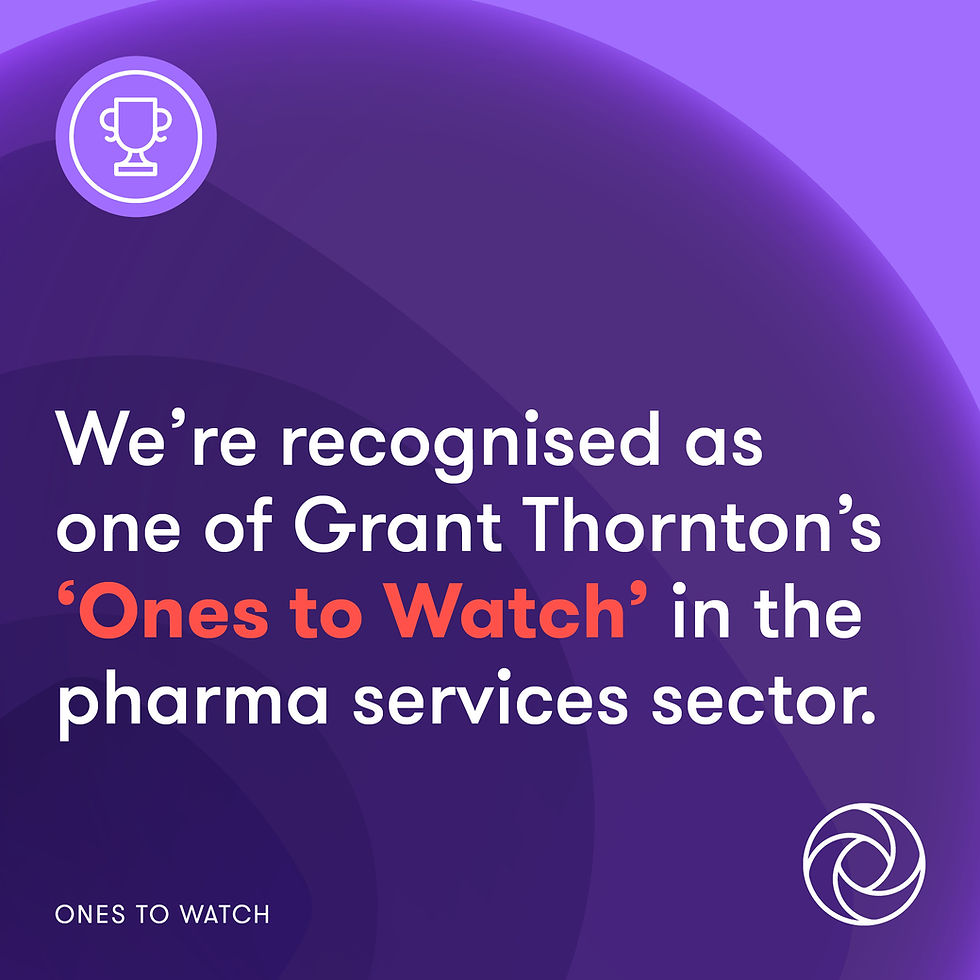DHT's Role in “Underserved, Overlooked” – A Landmark Report on Women and Girls with Bleeding Disorders
- DHT.health

- Aug 4, 2025
- 2 min read
At DHT.health, we are proud to have contributed to Underserved, Overlooked: How our health systems are failing women and girls with a bleeding disorder, a powerful new report published by The Haemophilia Society (THS) which was presented to UK National Health Service leaders, Members of Parliament and broader stakeholders July 2025.
This important work shines a light on the longstanding inequities faced by women and girls living with bleeding disorders in the UK. For decades, these individuals have been underserved by a healthcare system that too often overlooks their symptoms, delays diagnosis, and fails to tailor care to their needs. The report sets out 19 evidence-based recommendations to begin changing this reality and we were honoured to play a part in supporting its development.
Our Contribution
DHT provided dedicated support to this project through:
Evidence generation from the UK cohort of the PIVOT-vWD Study, a cross-sectional, multi-country study co-developed with The Haemophilia Society and expert clinicians to quantify the burden, elicit the patient voice, and highlight the unmet needs in von Willebrand Disease (VWD).
Health economics expertise, contributing to insights on quality of life, healthcare resource use, and treatment inequities in women with bleeding disorders.
Specialist input from our team of researchers and health economists, helping shape the interpretation of findings and their relevance to health policy and care delivery.
We are especially proud that data from the UK arm of the PIVOT-vWD Study provided fresh evidence on gender-based disparities – including underutilisation of prophylaxis, increased rates of iron deficiency anaemia, and lower satisfaction with primary care among women.
Why This Report Matters
As highlighted in the report, over half of those living with bleeding disorders in the UK are women and girls. Yet:
They are diagnosed, on average, 16 years later than men.
Up to 50,000 women and girls may remain undiagnosed.
Fewer than half of haemophilia centres have a named clinical lead for women’s bleeding care.
Access to joint gynaecology-haematology clinics, prophylactic treatment, and tailored psychological support remains limited.
The report includes vivid personal stories, a rigorous review of the care landscape, and clear, actionable recommendations. It also builds on the foundations of THS’s Talking Red campaign, which has been championing better recognition and care for women with bleeding disorders for over a decade.
A Shared Commitment
At DHT, we believe in generating evidence that can support the efforts of multiple stakeholders with the aim of driving progress. Supporting this report reflects our mission to elevate underserved voices and use data to advocate for better, more equitable healthcare. We’re especially committed to rare and under-researched conditions and groups like women and girls with bleeding disorders and VWD, where real-world evidence and patient-reported outcomes can highlight overlooked needs and improve policy and practice.
We extend our deep thanks to The Haemophilia Society for their leadership on this vital issue and to all the women and girls who shared their stories and helped shape the report.
Learn more and download the full report: The Haemophilia Society – Underserved, Overlooked
For any enquiries or collaboration opportunities related to the PIVOT-vWD Study or DHT's real-world data work in bleeding disorders and rare disease, please contact enquiries@dht.health.






